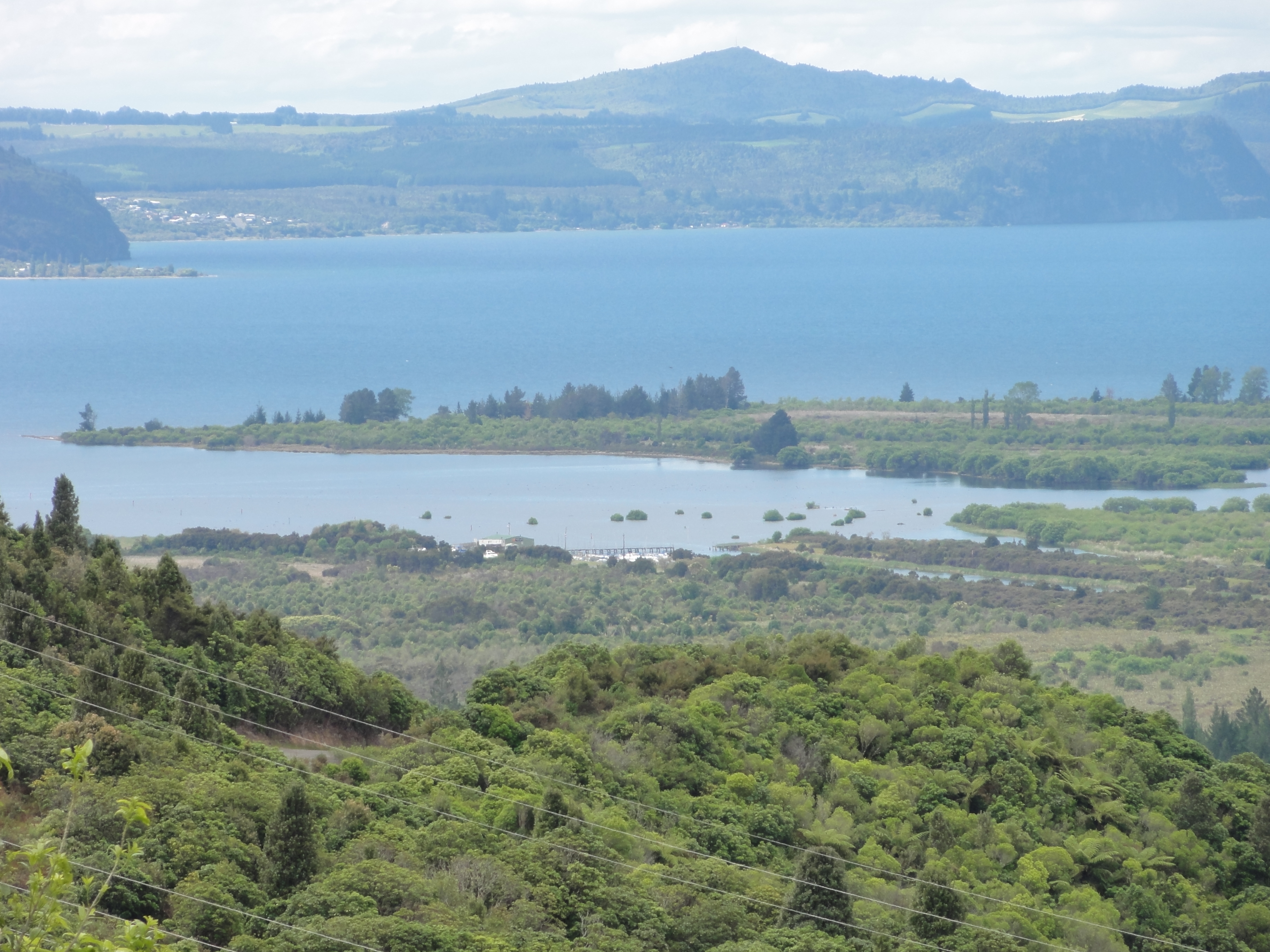Lakes of New Zealand on:
[Wikipedia]
[Google]
[Amazon]

 There are 3,820 lakes in New Zealand that have a
There are 3,820 lakes in New Zealand that have a
New Zealand Ministry for the Environment
– Trophic Level Index for lakes
Lake Ecosystem Restoration New Zealand
{{New Zealand topics, state=collapsed
 There are 3,820 lakes in New Zealand that have a
There are 3,820 lakes in New Zealand that have a surface area
The surface area of a solid object is a measure of the total area that the surface of the object occupies. The mathematical definition of surface area in the presence of curved surfaces is considerably more involved than the definition of ...
larger than one hectare. Many of the lakes in the central North Island
The North Island, also officially named Te Ika-a-Māui, is one of the two main islands of New Zealand, separated from the larger but much less populous South Island by the Cook Strait. The island's area is , making it the world's 14th-larges ...
are volcanic
A volcano is a rupture in the crust of a planetary-mass object, such as Earth, that allows hot lava, volcanic ash, and gases to escape from a magma chamber below the surface.
On Earth, volcanoes are most often found where tectonic plates ...
crater lakes. The majority of the lakes near the Southern Alps / Kā Tiritiri o te Moana were carved by glaciers. Artificial lakes created as hydroelectric reservoirs are common in South Canterbury, Central Otago
Central Otago is located in the inland part of the Otago region in the South Island of New Zealand. The motto for the area is "A World of Difference".
The area is dominated by mountain ranges and the upper reaches of the Clutha River and trib ...
and along the Waikato River.
Statistics
*Largest lake: Lake Taupō – *Deepest lake: Lake Hauroko – 462 m There are: *41 lakes with a surface area larger than 10 km2 (1000 ha) *229 lakes greater than 0.5 km2 (50 ha) *3820 lakes greater than 0.01 km2 (1 ha)Pollution
Atrophic level index
The trophic level index (TLI) is used in New Zealand as a measure of nutrient status of lakes. It is similar to the trophic state index but was proposed as alternative that suited New Zealand.
The system uses four criteria, phosphorus and nitr ...
is used as a measure of the pollution levels of lakes in New Zealand.
Based on the monitoring of 134 lakes it is estimated that one third of New Zealand lakes have high nutrient levels or have poor water quality.– Trophic Level Index for lakes
See also
*Rivers of New Zealand
The rivers of New Zealand are used for a variety of purposes and face a number of environmental issues. In the North Island's hill country the rivers are deep, fast flowing and most are unnavigable. Many of the rivers in the South Island are b ...
* Water in New Zealand
*List of dams and reservoirs in New Zealand
Many of the largest dams and reservoirs in New Zealand have been developed principally to produce hydroelectricity. Other uses include irrigation and municipal water supply.
Hydro-electric dams
The main river systems comprising a series of d ...
* Environment of New Zealand
References
Further reading
* * *External links
Lake Ecosystem Restoration New Zealand
{{New Zealand topics, state=collapsed